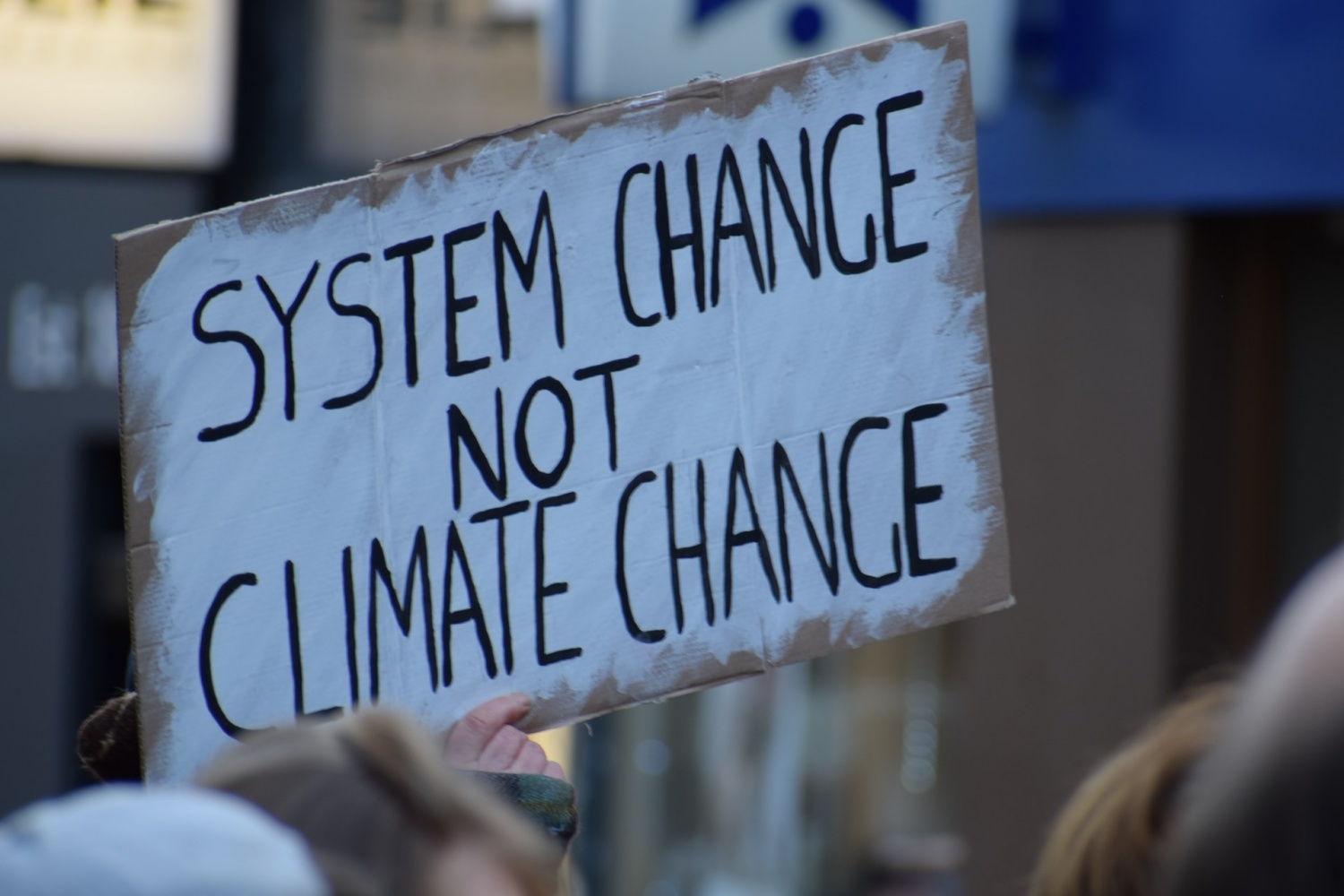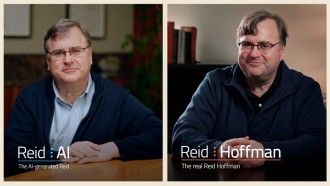
Blockchain is what underpins Bitcoin and Ethereum, true.
And for the latter's success, ordinary people think the blockchain is all about cryptocurrencies: A big mistake.
If anything, the distribution of the blockchain is one of the greatest innovations of the 21st century.
Bitcoin was the base, proving a concept, and afterward, the floodgates were open. The result was one of the greatest drives to overhaul traditional systems that got among many other sectors, finance and supply chain players sweating.
Admittedly, Bitcoin is a transactional layer while Ethereum builds on the openness of the digital gold to usher in a new wave of innovation thanks to smart contracting.
From a neutral perspective, these self-executing pieces of audited and safe code acting on the decentralization and security of the base layer have been a game-changer.
If anything, it is what's spearheading the exploration of new frontiers.
The relieving technology is pro-users, user-centric enough to ensure costs are low, power diffused from intermediaries, and most importantly, positive changes towards preserving the environment.
Environment Preservation and Climate Change Adaptation is a Top Priority for Global Leaders
And the situation is dire. Governments and environmentalists everywhere are scrambling to find suitable and sustainable solutions.
The 26th session of the Conference of the Parties to the United Nations Framework Convention on Climate Change (COP26), in Glasgow, during which Queen Elizabeth conspicuously missed, was meant to provide a guideline in policy through which the world can help itself not choke to death by riling mother nature.
To highlight just how serious it was, COP26, according to observers, was one of the busiest meetings ever. In the first week of the two-week conference, the goal among world leaders and economic powerhouses like China and the United States focused on reducing green gas emissions and promoting renewable energy.
Besides, there were major announcements on deals to slow down the use of coal, re-afforest, and even provide financial aid to help people adapt to the effect of climate change. Negotiations are ongoing and will end on November 12. Individual countries are hammering out deals with others and organizations, discussing ways to achieve these daunting goals that involve skillful strategy and implementation.
Furthermore, there will be a need to adhere to stipulations as set up by the Paris Agreement. Therefore, it is challenging but achievable.
Blockchain Solutions Spearheading and Complementing Governments' Efforts
Already, the use of technology around power generation and in preservation or mitigation are bearing fruits.
The deployment of technology especially is proving lucrative to implementers and beneficial to the environment due to the reduction in global carbon footprint. In the ever-expanding blockchain, several companies are ahead of the pack, helping governments efficiently achieve their environmental preservation and conservation targets.
In Australia, for instance, Power Ledger is creating what's proving to be among the world's first renewable energy tradable platforms. Their goal is to bring renewable energy providers to the blockchain for better transparency and traceability. Central to their activities is the use of blockchain, which facilitates trading and supporting transactions.
Meanwhile, the Leipzig-based Intelligent Fluids has a fully patented cleaning technology that's biodegradable, pH neutral, and safe for the environment. The cleaning solution dubbed SmartChem is complementary to industries supplying them with environmentally-friendly stripping fluids, efficient in dirt and sludge removal. The creator, Intelligent Fluids, tapped on the distribution of Ethereum during its ICO to release 150 million SMAC tokens, helping the company have a global reach. SMAC tokens have so far been listed in various exchanges, including Uniswap and Coinsbit.
Conclusion
Blockchain can find use in various sectors beyond finance and cryptocurrencies. It has been satisfactorily demonstrated that its solution in environmental preservation and protection, supply chain, and provenance are efficient, highly reliable, and most importantly, cheap and secure. Some governments and organizations are already tapping on its benefits as they gradually achieve their set targets.
* This is a contributed article and this content does not necessarily represent the views of techtimes.com





